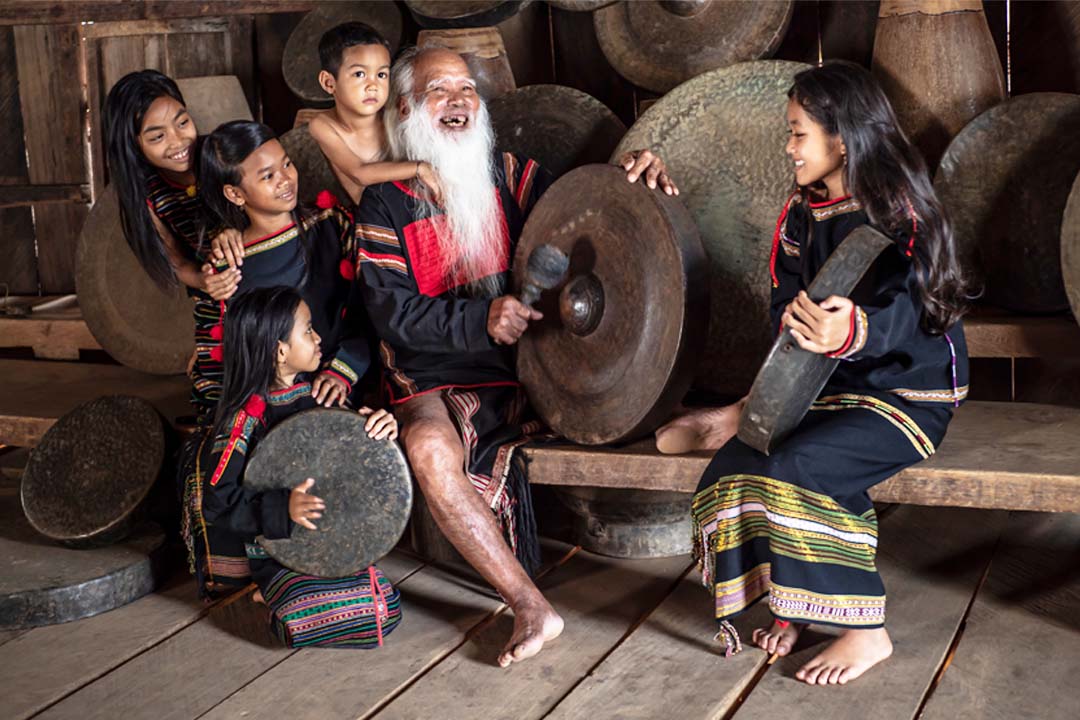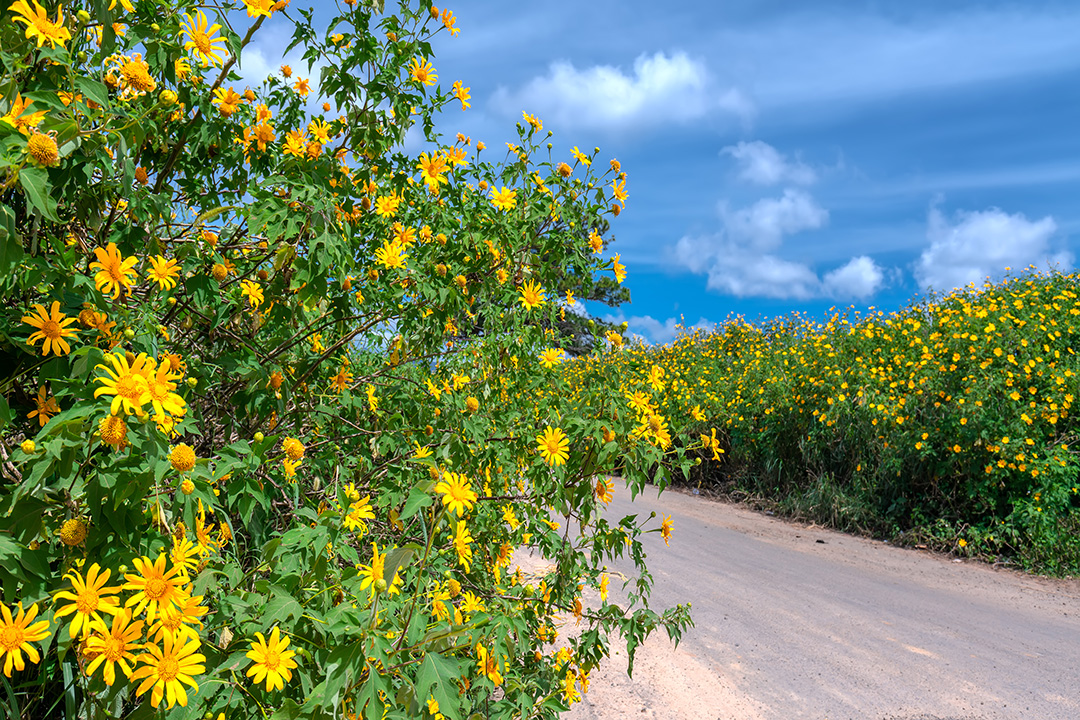Song Thap Celebration holds profound spiritual significance for certain Vietnamese ethnic groups, observed through elaborate rituals where individuals express gratitude to deities and ancestors for blessings and seek good fortune. This celebration connects past traditions with present-day reverence.
The Song Thap Celebration
Song Thap Celebration, also known as the Trung Thap Celebration (meaning double tenth day), is alternately referred to as Doctor's Day or New Rice Festival. Embracing Buddhist customs, it is considered the Ha Nguyen Celebration, weaving cultural and religious dimensions into the fabric of the festivities.
The occurrence date of the Song Thap Celebration
Annually marked on the Lunar October 10th, the Song Thap Celebration is colloquially known as the "Double ten celebration". This term highlights both cultural and numerical significance attached to this auspicious day. Variations in some regions might observe the celebration on the 15th or 31st.
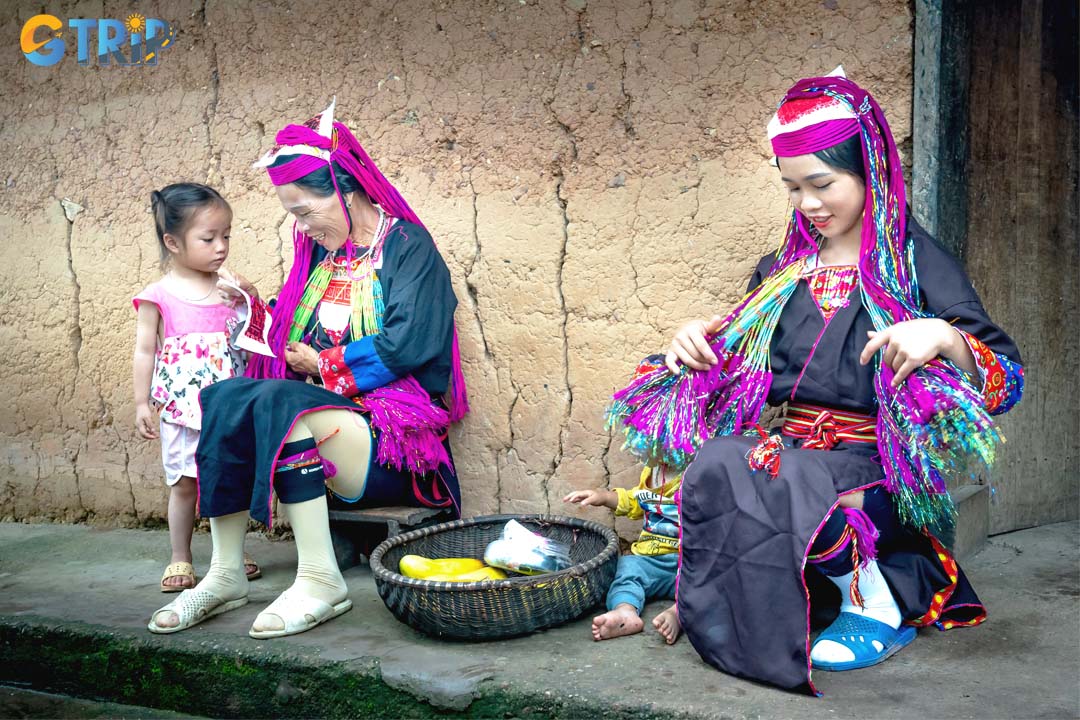
Ethnic community prepares exquisite costumes to commemorate The Song Thap Celebration
Traditional beliefs tie the Song Thap Celebration to the concept of Doctor's Day, as valuable medicinal plants are believed to peak in potency during this time. This aligns the balance of Yin and Yang energies, capturing the essence of all four seasons. Festivities include celebrations among herbalists and doctors, and also some ethnic groups, especially in the Hoai region, enriching the cultural diversity of this special occasion.
Special activities at the festival
During the Song Thap Celebration in rural Vietnam, families prepare special rice dishes using newly harvested rice, including Rice dumpling cake, Giay cakes, and Sticky rice, accompanied by sweet soups. At the auspicious hour, offerings of these delectable treats are made to ancestors, deities, and land spirits, symbolizing gratitude and prosperity.
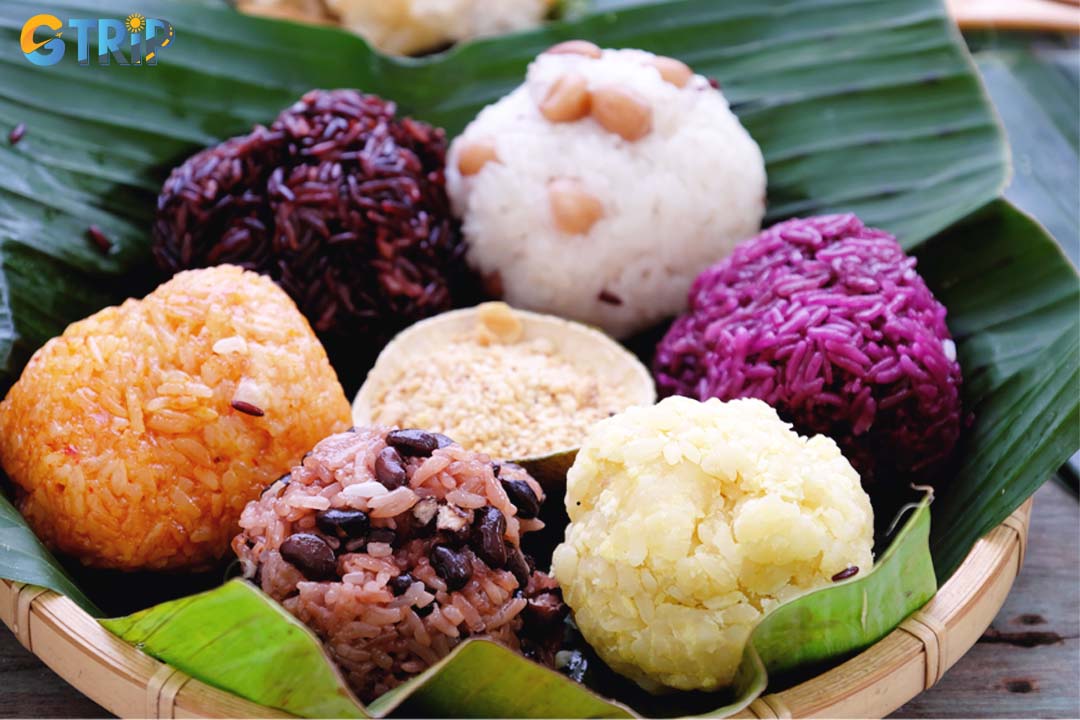
Families prepare sticky rice using newly harvested rice to celebrate Song Thap special day
Villagers mark the day by visiting pagodas, engaging in worship, and expressing thanks to deities for the abundant harvest. After completing these sacred rituals, the festive spirit continues as families share their meticulously crafted food items with relatives, friends, and neighbors. This communal sharing fosters unity and joy within the community.
Additionally, herbalists ventured into the mountains on this day, harvesting medicinal herbs believed to be at their peak potency. Following the gathering, herbalists organize a feast, strengthening ties with longstanding clients. This tradition beautifully intertwines cultural practices with a celebration of nature's abundance during this auspicious festival.
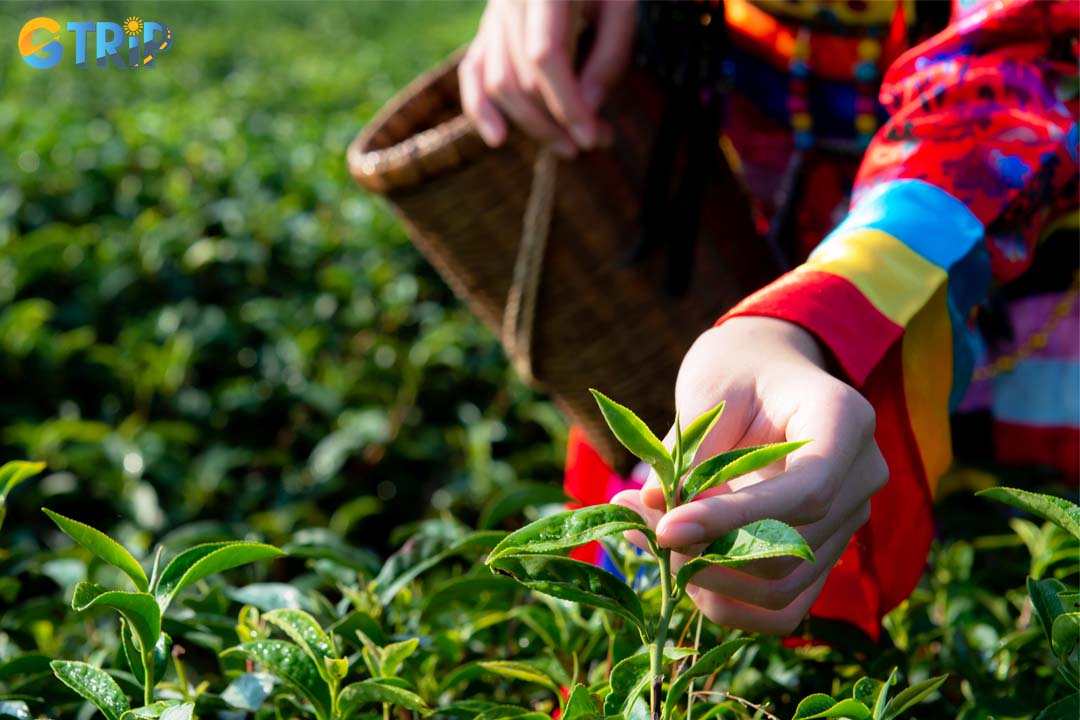
Herbalists harvest medicinal herbs early on Song Thap day for the best energy of herbs
The folk tale of festival
The Song Thap Celebration centers around expressing gratitude to Shennong, the Deity of Agriculture, as villages conclude the October Lunar harvest. Annually, on October 10th or 15th in the lunar calendar, communities conduct ceremonies, offering newly harvested rice and praying for abundant harvests in the upcoming season.
In another tale, the celebration involves the descent of the Tam Thanh deity from Heaven to inspect and report back to the Jade Emperor. Using freshly harvested rice, people perform rituals, seeking divine favor and prosperity for the upcoming harvest. This narrative blends the earthly and celestial realms in a harmonious celebration of nature's abundance.
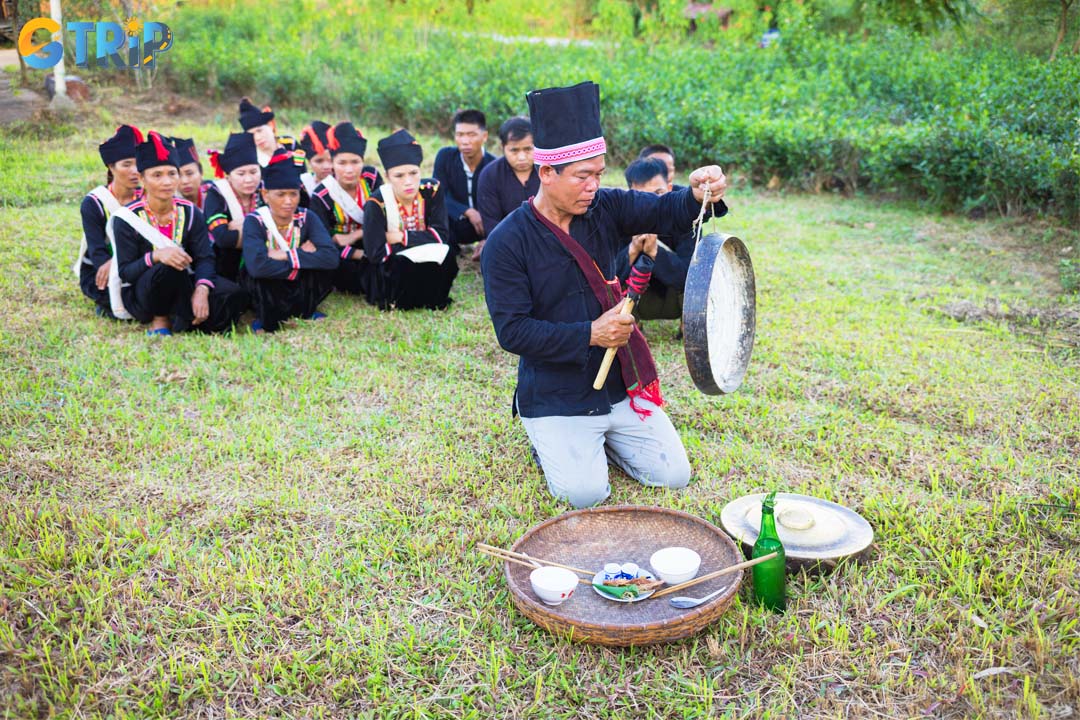
The villagers seek divine favor and prosperity for the upcoming harvest
The Song Thap Celebration also encompasses homage to ancestors and the Fairy of Agriculture, symbolizing the reporting of achievements, expressing gratitude, and acknowledging the past, present, and hopeful aspirations for success in the upcoming agricultural season.
Seize the chance to participate in the local Song Thap Celebration! Start organizing your Vietnam tour promptly and engage in the festive ambiance of these unique events.

